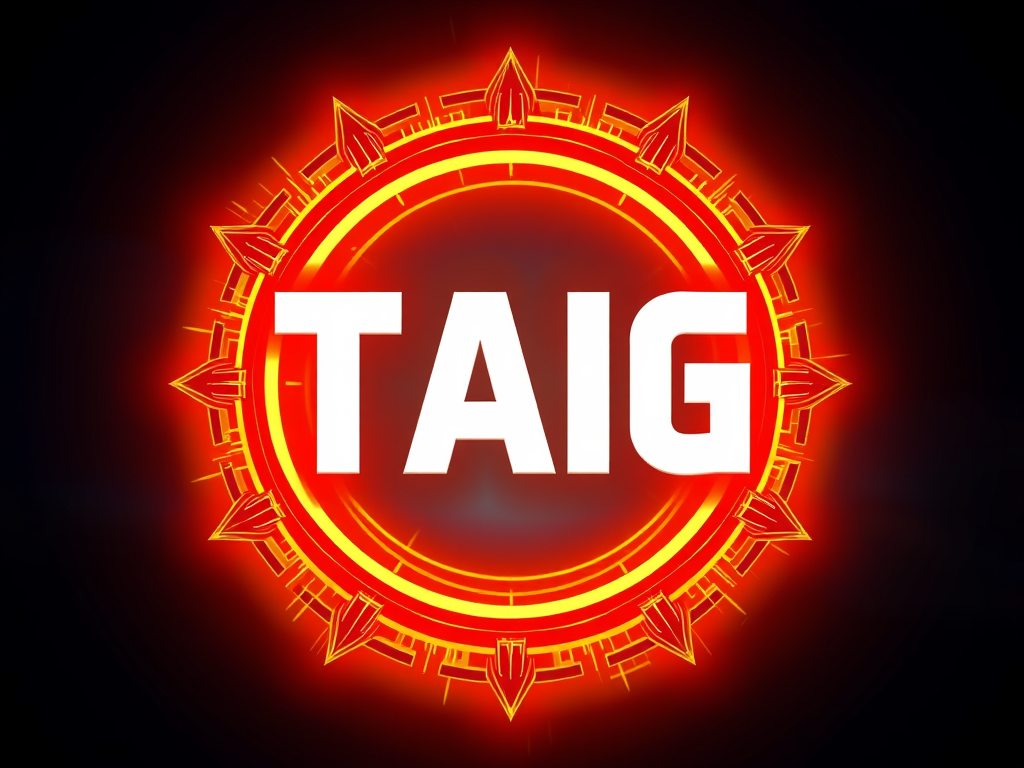Recent Breakthroughs in UK Computing Hardware
The UK is making significant strides in UK computing hardware development, particularly in sectors vital to fintech innovation. Companies such as Graphcore, IQE, and Cambridge Quantum Computing are at the forefront, creating hardware designed for speed, scalability, and energy efficiency. Graphcore’s AI chips provide remarkable parallel processing power, critical for handling complex financial models. IQE specializes in compound semiconductor materials that enhance signal processing speeds and reduce power consumption, which fintech firms depend on for real-time transaction analysis.
Cambridge Quantum Computing is pushing boundaries by integrating quantum computing principles into practical hardware devices, promising revolutionary advances in data encryption and risk assessment algorithms. These developments lead to hardware that supports faster computation cycles while lowering energy demands, crucial for sustainable fintech growth.
Topic to read : Exploring the benefits of investing in cutting-edge computing hardware from the uk
In detail, next-generation AI chips engineered in the UK accelerate machine learning tasks used in fraud detection and customer behavior prediction. Advanced scaling techniques improve system throughput, ensuring fintech applications remain responsive under increasing data loads. This focus on energy efficiency not only reduces operational costs but aligns with growing demands for environmentally conscious computing in the UK financial technology sector. These hardware innovations collectively underpin the ongoing transformation of UK fintech capabilities.
Real-World Fintech Applications Powered by UK Hardware Advances
UK computing hardware advances are transforming fintech applications by enabling more efficient, secure, and intelligent financial services. Next-generation AI chips from Graphcore and others accelerate real-time data analysis in payments and fraud detection systems. For example, AI-powered algorithms can now process vast transaction volumes instantly, spotting anomalies with greater accuracy, reducing fraud losses significantly.
In the same genre : How Has UK Computing Hardware Influenced Technological Advances Globally?
Quantum computing hardware developed by Cambridge Quantum Computing integrates into fintech risk assessment tools. This allows complex scenario simulations that improve decision-making in volatile markets. The precision and speed offered by quantum-enhanced hardware surpass traditional methods, enabling fintech firms to manage portfolios more robustly.
Collaboration between UK hardware developers and fintech startups accelerates innovation. By combining cutting-edge components like scalable AI chips with software expertise, companies build customized solutions fitting specific market needs. Integration trends show fintech firms increasingly rely on this UK computing hardware to handle growing data demands, from customer behaviour analysis to compliance checks.
In summary, the fusion of advanced hardware and fintech expertise underpins smarter payment platforms and risk systems, demonstrating the tangible impact of UK computing hardware within financial technology. These technologies collectively fuel the evolving landscape of UK financial technology services.
Recent Breakthroughs in UK Computing Hardware
UK computing hardware advancements are pivotal to accelerating fintech innovation, with firms like Graphcore, IQE, and Cambridge Quantum Computing leading breakthroughs in speed, scalability, and energy efficiency. Graphcore’s AI chips utilize an architecture optimized for parallel processing, significantly boosting throughput for machine learning models used in real-time financial analytics. This design reduces latency, enabling fintech firms to process transactions and detect fraud more swiftly.
IQE advances hardware by developing compound semiconductors that enhance signal integrity and minimize power consumption. These materials improve data transmission speeds critical for high-frequency trading platforms while reducing operational costs. Their scalable technology supports expansion as demand for fintech services grows.
Cambridge Quantum Computing focuses on embedding quantum computing principles into practical devices, achieving breakthroughs in cryptographic hardware. Quantum-enhanced processors provide exponentially faster computations for risk simulations and portfolio optimizations. This leap is essential to meeting complex fintech requirements that classical hardware struggles with.
Together, these UK-driven advancements combine innovative circuit designs, material science, and quantum mechanics to deliver fintech innovation hardware that meets the sector’s exacting demands for performance and sustainability.
Recent Breakthroughs in UK Computing Hardware
Significant advances in UK computing hardware are fueling rapid progress in fintech innovation. Leading firms such as Graphcore, IQE, and Cambridge Quantum Computing have developed cutting-edge technologies that address critical fintech demands for speed, energy efficiency, and scalability.
Graphcore’s AI chips employ a specialized architecture that accelerates parallel processing, facilitating faster machine learning computations essential for real-time financial analytics. These chips reduce latency dramatically, allowing fintech systems to perform high-volume transaction processing and fraud detection with unprecedented speed.
IQE contributes through pioneering compound semiconductor materials, which enhance signal quality and lower power consumption. This innovation supports scalable, energy-efficient platforms critical for fintech environments where continuous operation and quick data flows are vital.
Meanwhile, Cambridge Quantum Computing integrates quantum computing concepts into hardware, producing processors capable of exponentially faster risk simulation and cryptographic functions. This quantum enhancement is pivotal for addressing complex fintech challenges that classic hardware architectures cannot resolve efficiently.
Together, these UK firms exemplify the intersection of hardware engineering and fintech innovation by delivering solutions optimized for performance, scalability, and sustainability, profoundly impacting the future of UK financial technology.
Recent Breakthroughs in UK Computing Hardware
UK computing hardware advancements are reshaping the fintech innovation landscape through groundbreaking developments by companies like Graphcore, IQE, and Cambridge Quantum Computing. Graphcore’s AI chips feature an innovative architecture designed for exceptional parallelism, drastically increasing processing speed for machine learning models used in financial forecasting and risk assessment. This enhanced speed reduces latency, enabling fintech platforms to analyze transactions and detect fraud in real time.
IQE’s work focuses on compound semiconductor materials that optimize signal integrity while minimizing energy consumption. These materials support scalable hardware solutions that maintain high efficiency even as data loads grow, essential for fintech environments demanding continuous operation and rapid data throughput.
Meanwhile, Cambridge Quantum Computing pushes the boundaries by embedding quantum computing technology into hardware, creating processors with abilities far surpassing classical systems for cryptographic processes and market simulation. This quantum advantage enables fintech firms to perform complex calculations integral to portfolio optimization and secure transactions with unprecedented speed.
Together, these firms demonstrate how UK computing hardware advances deliver scalability, speed, and energy efficiency, aligning perfectly with the rigorous demands of emerging fintech applications. These breakthroughs set new standards in hardware performance essential for sustainable fintech innovation.

